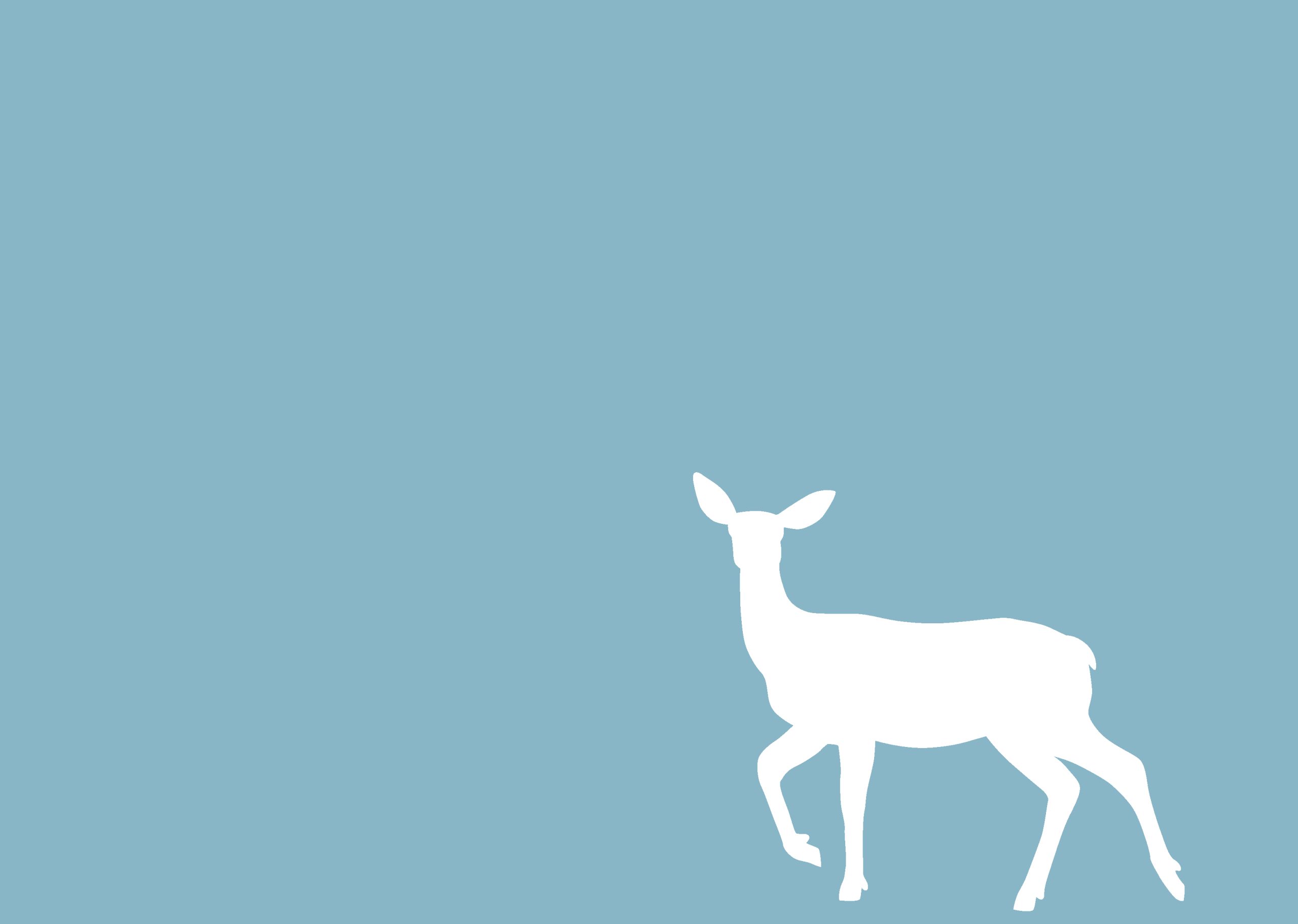A second phase of the Low Ground Venison Supply Chain Pilot Project opens in mid-August, encouraging low ground deer stalkers to apply for assistance to improve their carcass handling facilities, in turn enabling them to cull more lowland deer and increase throughput.
The pilot fund, secured by NatureScot and SAOS (the Scottish Agricultural Organisation Society) sees SAOS administer the project working closely with Lowland Deer Network Scotland and Scottish Venison.
Phase two of the Pilot, with a fund of £95k, goes live on 15 August. Fourteen applicants have so far been awarded grants as part of the pilot scheme. These have predominantly been for match funding towards new chiller facilities and other larder improvements to facilitate a more professional approach throughout the supply chain.
Applications should:
• Demonstrate best practice for carcass handling and the potential for increased throughput.
• Demonstrate a sound business case and how the facility will be sustainably managed for the future.
• Be based and delivered within Lowland Deer Network Scotland’s (LDNS) Scottish operational lowland area, showing no conflicts with other facilities and potential benefits to multiple actors.
• Demonstrate willingness to supply follow-up details on how the facility performs.
Richard Cooke, Chair of Scottish Venison, commented:
“There was a good level of interest in the previous round of this scheme, and we are optimistic that confidence will grow in this initiative to deliver support for low ground deer managers for handling their carcasses. Low ground supply of venison into the food chain has been a challenge that we have recognised in the Scottish Venison strategy and this project, which we welcome, has a valuable role to play in supporting how we overcome that.”
Pete Moore, from NatureScot’s Wildlife Management Team, said:
“We’ve listened to the views of the deer management sector seeking increased funding for venison supply chains, particularly in low ground parts of Scotland. We hope that this grant will allow more smaller producers of venison in these areas to improve their handling and storage facilities.
“We think it’s a good offer that will help to raise standards and safeguard the supply of venison to the public. We have been at pains to make the application and claim process as simple as possible and look forward to hearing from many more applicants in this round of funding.”
John Bruce, Chairman of Lowland Deer Network Scotland, added:
“I’m really proud that after surveying low ground stalkers and evidencing their need for improving their chillers, that we have worked with partners to be able to run this grant scheme. I hope that many stalkers take up this opportunity.”
The scheme is open to stalkers and groups and will run until 26 September with successful applicants notified by the mid-October.
More information on the SAOS website here.
SAOS staff are available to help with applications and initial enquiries should be directed to venison@saos.coop

